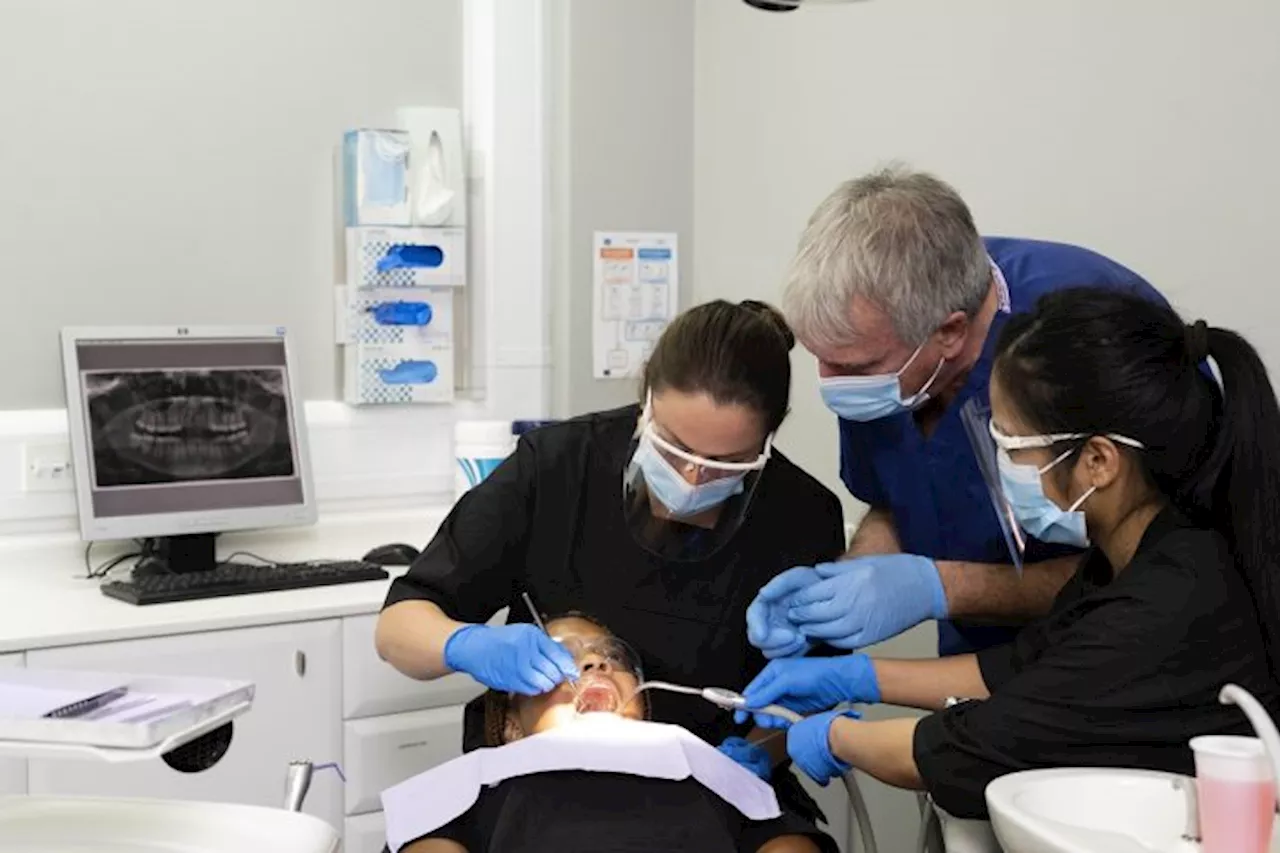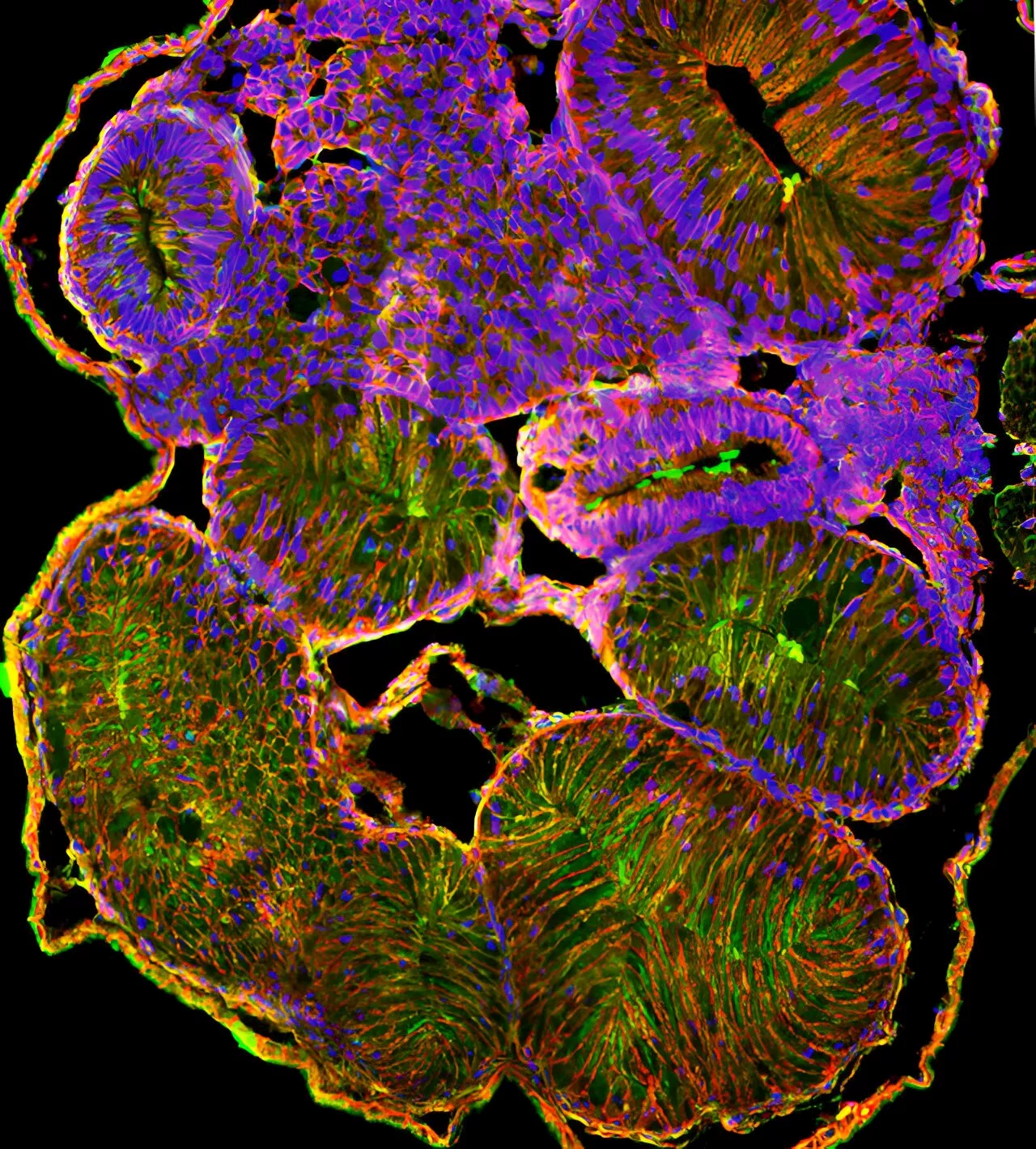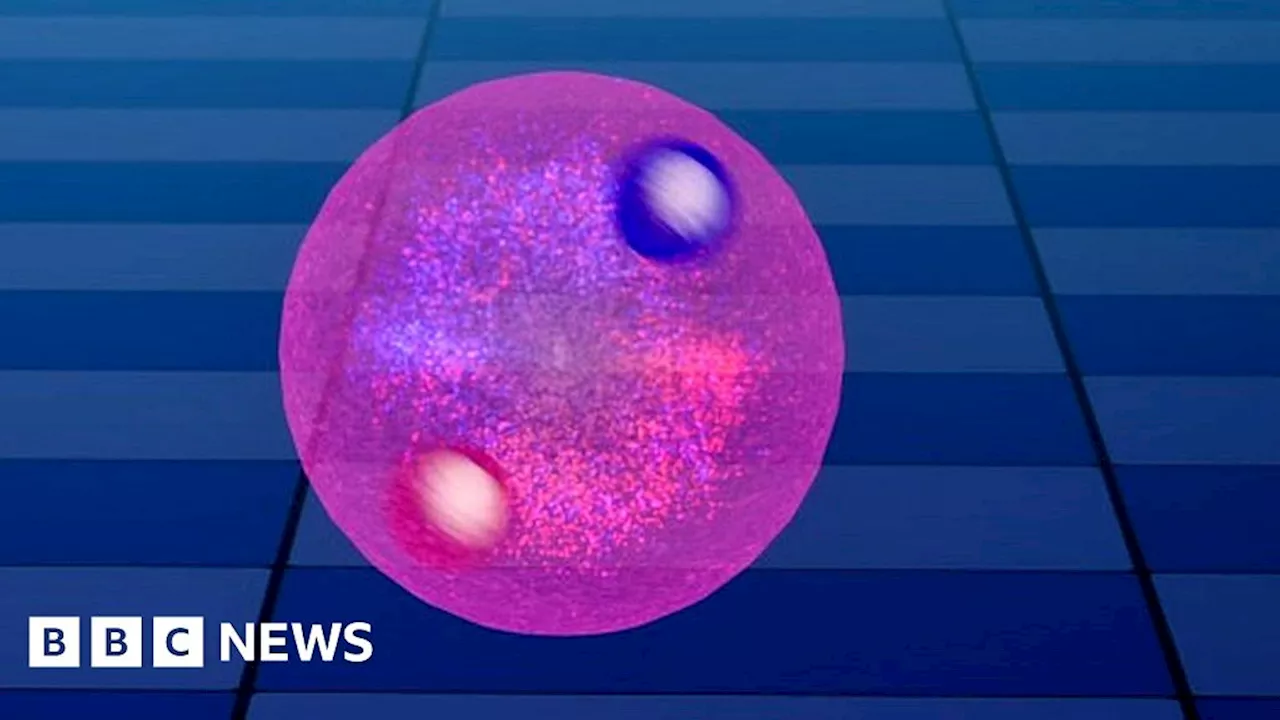Cleveland Clinic researchers have discovered a key mechanism used by Kaposi's sarcoma-associated herpesvirus (KSHV), also known as human herpesvirus 8 (HHV8), to induce cancer.
Mar 1 2024Cleveland Clinic Cleveland Clinic researchers have discovered a key mechanism used by Kaposi's sarcoma-associated herpesvirus , also known as human herpesvirus 8 , to induce cancer. The research points to effective new treatment options for KSHV-associated cancers, including Kaposi's sarcoma, primary effusion lymphoma, and HHV8-associated multicentric Castleman disease.
The team showed the virus activates a specific pathway driving cell metabolism and proliferation. Inhibiting this process with existing FDA-approved breast cancer drugs reduced KSHV replication, blocked lymphoma progression and shrunk existing tumors in preclinical models. KSHV-induced cancers are fast-acting, aggressive and difficult to treat. An estimated 10% of people in North America and Northern Europe have KSHV, but this ranges throughout the globe. More than 50% of individuals in parts of Northen Africa are estimated to have the virus. Experts estimate these rates are higher, as KSHV often goes undiagnosed because of lack of symptoms.
Rapidly replicating cancer cells reprogram metabolism to fuel growth. Meanwhile, most viruses cannot produce energy or necessary molecules on their own, so they rely on human cells to do the work for them. The team found that the virus takes over the host protein CDK6 and CAD, causing the infected cells to produce extra metabolites, which allows faster replication of the virus and an uncontrolled proliferation of the cells.
United States Latest News, United States Headlines
Similar News:You can also read news stories similar to this one that we have collected from other news sources.
 UT Health San Antonio School of Dentistry opens special-care dental clinic in South TexasThe UT Health San Antonio School of Dentistry has opened a special-care dental clinic, the first of its kind in an academic setting in South Texas that will serve people of all ages with intellectual, developmental, cognitive or physical disabilities.
UT Health San Antonio School of Dentistry opens special-care dental clinic in South TexasThe UT Health San Antonio School of Dentistry has opened a special-care dental clinic, the first of its kind in an academic setting in South Texas that will serve people of all ages with intellectual, developmental, cognitive or physical disabilities.
Read more »
 Hitchhiking cancer vaccine makes progress in the clinicTherapeutic cancer vaccines are an appealing strategy for treating malignancies. In theory, when a patient is injected with peptide antigens—protein fragments from mutant proteins only expressed by tumor cells—T cells learn to recognize and attack cancer cells expressing the corresponding protein.
Hitchhiking cancer vaccine makes progress in the clinicTherapeutic cancer vaccines are an appealing strategy for treating malignancies. In theory, when a patient is injected with peptide antigens—protein fragments from mutant proteins only expressed by tumor cells—T cells learn to recognize and attack cancer cells expressing the corresponding protein.
Read more »
 Dental clinic being offered to Preston by UCLan dentists in trainingA patient being seen at UCLan's Dentistry school on the city campus Pic: UCLan Preston's university is offering free dental treatment by dentists in trainin
Dental clinic being offered to Preston by UCLan dentists in trainingA patient being seen at UCLan's Dentistry school on the city campus Pic: UCLan Preston's university is offering free dental treatment by dentists in trainin
Read more »
 Frog embryo study helps scientists unravel the human birth anomaly of intestinal malrotationHow does our intestine, which can be at least 15 feet long, fit properly inside our bodies? As our digestive system grows, the gut tube goes through a series of dramatic looping and rotation to package the lengthening intestine.
Frog embryo study helps scientists unravel the human birth anomaly of intestinal malrotationHow does our intestine, which can be at least 15 feet long, fit properly inside our bodies? As our digestive system grows, the gut tube goes through a series of dramatic looping and rotation to package the lengthening intestine.
Read more »
 Carlijn Jacobs Captures Anna Cleveland in the S/S24 CollectionsIn the new issue of AnOther Magazine, Carlijn Jacobs and Katie Shillingford team up on a fashion story that celebrates the power of design, the power of the body and extreme glamour
Carlijn Jacobs Captures Anna Cleveland in the S/S24 CollectionsIn the new issue of AnOther Magazine, Carlijn Jacobs and Katie Shillingford team up on a fashion story that celebrates the power of design, the power of the body and extreme glamour
Read more »
 Antimatter: Scientists freeze positronium atoms with lasersPositronium has the potential to revolutionise physics but the elusive substance had been too hot to handle.
Antimatter: Scientists freeze positronium atoms with lasersPositronium has the potential to revolutionise physics but the elusive substance had been too hot to handle.
Read more »
